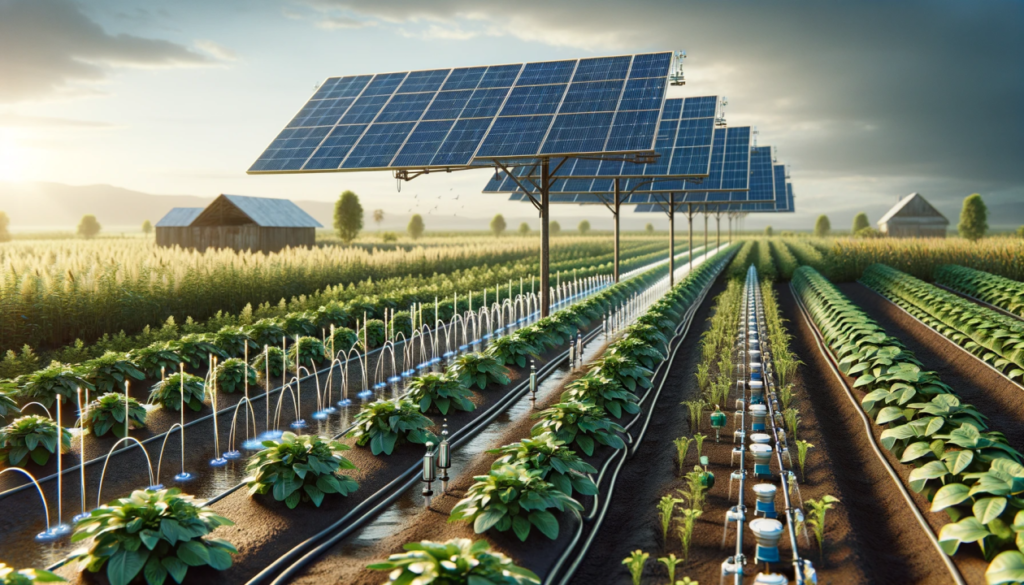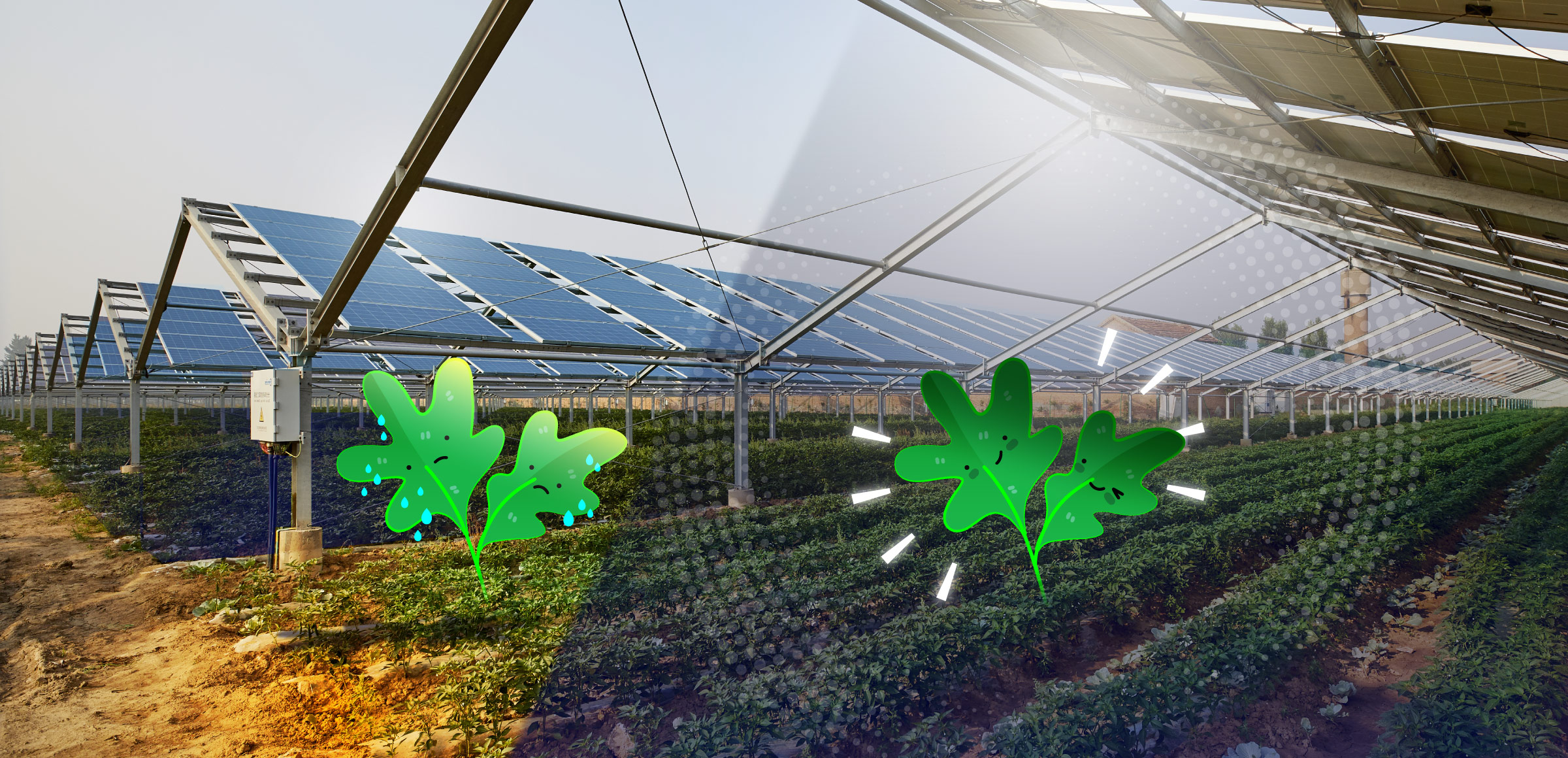Smart home technology has entered our kitchens, living rooms, and even our backyards. If you’re passionate about sustainability, you’ve probably noticed how your gardening habits affect the planet. Enter the smart gardening revolution—an innovative way to save water, reduce energy use, and grow a garden that’s as eco-friendly as it is beautiful.
In this article, we’ll explore how integrating smart systems into your garden can transform the way you grow plants, conserve resources, and benefit the environment. Let’s dive in and uncover the practical side of saving water and energy, all while nurturing your green thumb.
The Need for Eco-Friendly Gardening
Let’s face it—gardening can be resource-heavy. Traditional watering methods waste a ton of water, and energy use from outdoor lighting and pumps can quickly add up. Climate change is also impacting water supplies globally, and gardens often become the overlooked culprits in our personal carbon footprints.
We’re not just planting flowers; we’re shaping how we use the earth’s resources. If you’re serious about reducing your environmental impact, smart gardening is a game-changer. It’s time to rethink the way you manage your outdoor spaces.
Low-Maintenance, High-Yield: The Power of Indoor Smart Gardens
Why Saving Water and Energy Matters
Water scarcity is a growing problem. In fact, regions all over the world are experiencing droughts and dwindling freshwater resources. By adopting smart systems, you help conserve one of our most precious resources: water. At the same time, smart gardening systems can reduce your energy consumption—saving you money while being kinder to the environment.
Smart Gardens: A Game-Changer
If you’re looking to build a sustainable garden, smart gardening tools are the way to go. From intelligent watering systems to solar-powered garden lights, the options are endless. These tools can help you use less water, avoid energy waste, and keep your garden thriving, no matter the weather.
How Smart Systems Save Water
One of the major advantages of smart systems is their ability to monitor water usage. Overwatering is a common mistake made by gardeners, but with a smart irrigation system, you’ll only provide the exact amount of water your plants need—nothing more.
Smart Irrigation: Water Where It’s Needed, When It’s Needed
Smart irrigation systems are the backbone of eco-friendly gardening. Using sensors, these systems track weather forecasts, soil moisture, and even plant water needs to adjust watering schedules accordingly. You no longer need to guess if your garden needs watering—your smart system does the thinking for you.
With these intelligent systems, sprinklers turn on only when necessary. Rain is in the forecast? The system skips a watering session. Too much moisture in the soil? It delays irrigation to avoid wasting water. It’s like having a gardening assistant that’s never wrong.
Pro tip: Look for systems compatible with apps, so you can control your garden’s water use from anywhere.

Drip Irrigation: Precision Watering
Drip irrigation is another smart watering method that ensures every drop counts. These systems deliver water directly to the base of each plant, reducing evaporation and runoff. Combined with a smart controller, drip irrigation can minimize water use while maximizing plant growth. Plus, it’s perfect for drought-prone areas.
How Smart Systems Save Energy
Besides water, energy consumption is another environmental concern. Your garden lighting, pumps, and tools all draw on electricity, which—let’s be real—can hurt both the planet and your wallet. But smart gardening systems make energy efficiency easier than ever.
Solar-Powered Lights: Shine Bright, Waste Less
Instead of traditional electric garden lights, why not opt for solar-powered ones? Solar lights harness the sun’s energy during the day and use it to illuminate your garden at night—no need for electricity. This not only reduces your carbon footprint but also lowers your utility bills.
Solar lighting systems can also be paired with smart timers, ensuring lights come on only when needed. With motion sensors, your garden can be lit efficiently without being a constant energy drain.
Energy-Efficient Pumps and Tools
Smart systems extend beyond just irrigation and lighting. Energy-efficient pumps for water features and smart garden tools like lawn mowers can cut down on unnecessary energy use. Some tools can even be programmed to run during off-peak energy times, reducing strain on the grid and saving you money in the long run.
Why Smart Gardening Is the Future
Smart gardening systems are more than just a trend—they’re a sustainable way forward for both gardening enthusiasts and the planet. By reducing water waste and energy use, you’re not just cutting costs; you’re actively contributing to the fight against climate change.
Let’s be honest, we all want a lush, beautiful garden. But why settle for aesthetics when you can also make it eco-friendly? Smart gardening is the future, and with the right tools, it’s easier than you think.
How to Get Started
Ready to turn your garden into an eco-friendly haven? Here’s a simple plan to help you get started:
- Assess your garden’s needs. Determine what tools will help you save the most water and energy. Start small with a smart irrigation system and expand as you go.
- Choose eco-friendly materials. Opt for solar-powered lights, energy-efficient pumps, and native plants that require less water.
- Install smart devices. Set up a smart irrigation system, solar lighting, and any other energy-saving devices. Don’t forget to pair them with apps for remote monitoring.
- Monitor and adjust. Use your smart systems to track water and energy usage, then adjust based on the feedback. You’ll be surprised how quickly you start saving resources.
Transform Your Garden Today
Smart gardening isn’t just about technology; it’s about building a sustainable future—one where your garden thrives without guzzling precious resources. So, what are you waiting for? Take control of your garden’s water and energy use by incorporating smart systems today. Make your garden greener, smarter, and better for the planet!

